U.S.-Israeli strikes on Iran: What we know so far
The United States and Israel have carried out large-scale strikes on Iranian leadership and military targets, with Iranian state media confirming t...
Berlin, February 17, 2025 - German voters head to the polls on February 23 to decide who will lead the country’s next government in a snap election triggered by the collapse of Chancellor Olaf Scholz’s centre-left coalition.
At the heart of the contest is a contest over crucial issues—from tightening immigration and asylum rules in response to recent deadly attacks to reviving Germany’s economic might amid soaring energy costs and international competition.
A vote shaped by crisis and opportunity
The upcoming election comes at a time when Germany is reeling from a series of fatal attacks in Mannheim, Solingen, Magdeburg, Afschaffenburg, and most recently, a car-ramming incident in Munich that claimed the lives of a mother and her two-year-old daughter. The violent episodes, allegedly perpetrated by an Afghan national, have heightened public scrutiny over immigration policies and bolstered support for the far-right Alternative for Germany (AfD). Although no mainstream party is prepared to include the AfD in government, a significant electoral breakthrough for the party could dramatically reshape the Bundestag’s composition.

As Europe’s largest economy battles high energy prices and stiff competition from China, German voters are also focused on choosing leaders who can steer the nation back to economic prosperity. With the outgoing parliament’s size reduced from 733 to 630 seats under new electoral rules, the stakes are higher than ever.
The Contenders for chancellor
Five candidates are vying for the nation’s top post, each representing distinct political visions:
Friedrich Merz (Christian Democrats – CDU): The frontrunner in the race, Merz, aged 69 and known for his plain-talking, pro-business stance, leads the conservative charge. Running under the slogan "A Germany we can be proud of again," he has pledged to implement permanent border controls, accelerate asylum procedures, cut taxes, and reduce welfare spending by €50bn—all aimed at revitalizing Germany’s faltering economy.
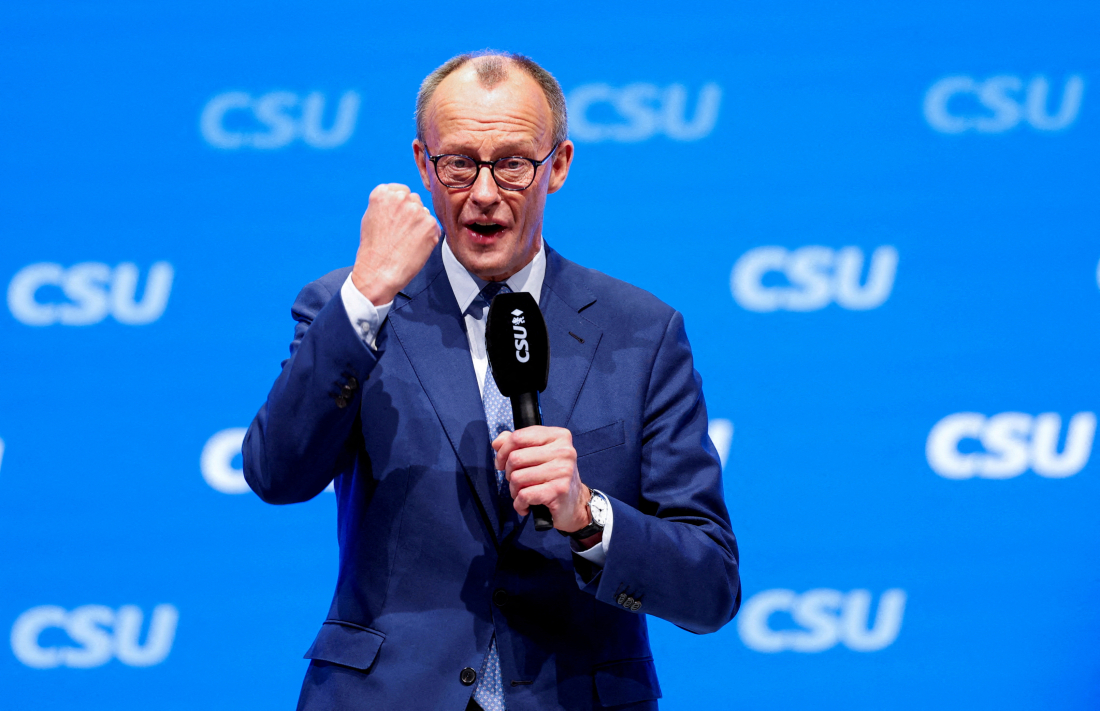
Merz’s previous political setbacks, including failed bids for the CDU leadership against Angela Merkel and Armin Laschet, add to his narrative as a seasoned candidate who has long waited in the wings.
Olaf Scholz (Social Democrats – SPD): Incumbent Chancellor Scholz, who has served over three turbulent years leading an unpopular coalition, faces mounting criticism for his handling of the Ukraine crisis and domestic economic challenges.
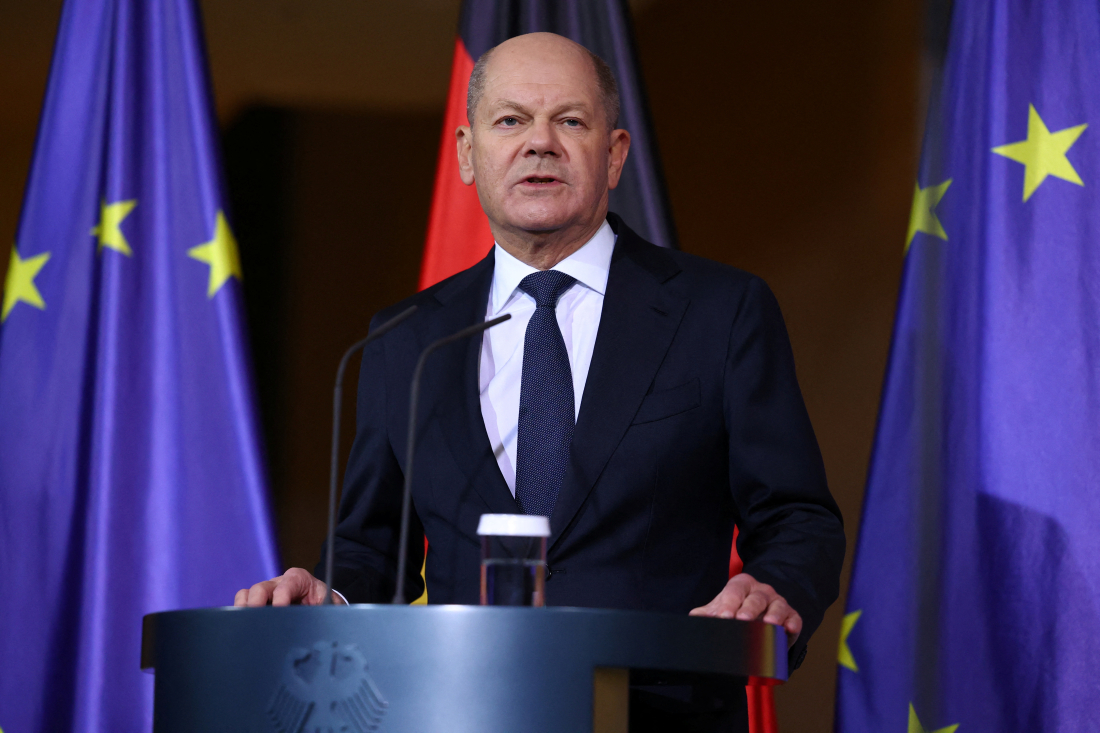
Scholz’s platform emphasizes stronger support for Ukraine, faster deportation of failed asylum seekers, and reformed immigration policies. Despite internal party debates over his leadership, the SPD remains a key potential coalition partner.
Alice Weidel (Alternative for Germany – AfD): As the AfD’s first chancellor candidate since 2013, Weidel has generated controversy with her radical proposals, including “remigration” policies aimed at deporting “illegal” migrants.
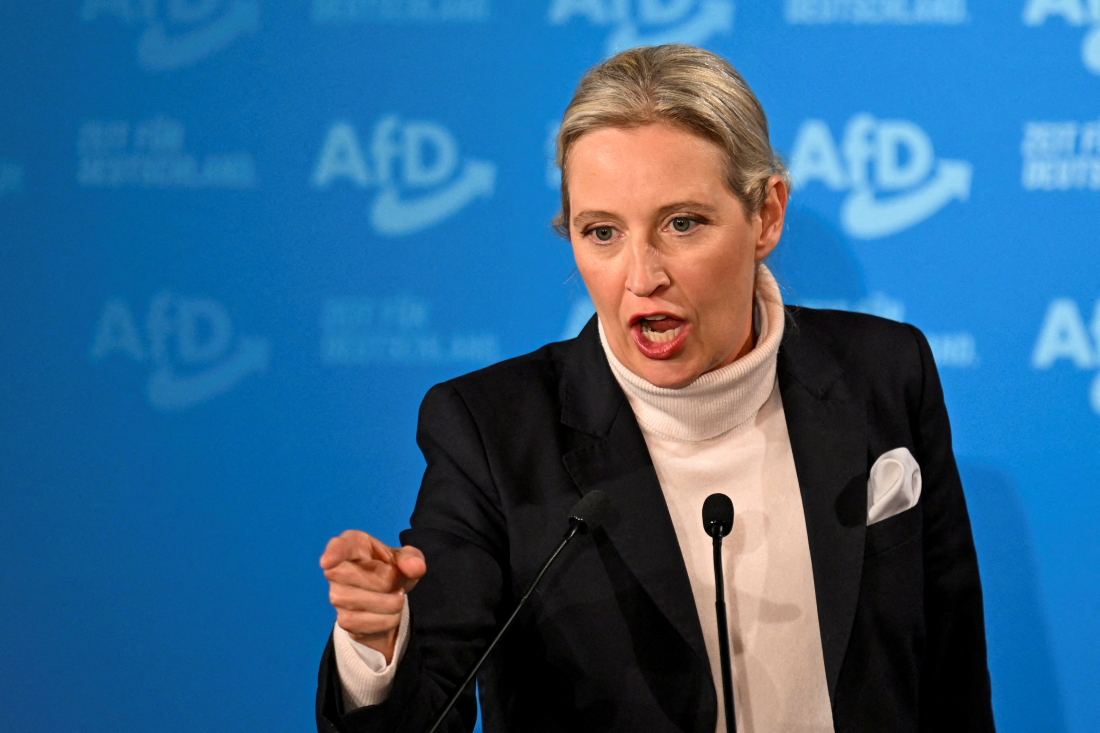
Backed by high-profile figures such as billionaire Elon Musk, Weidel’s populist messaging resonates with younger voters on platforms like TikTok, despite her party’s unlikely prospects of joining a government coalition.
Robert Habeck (Greens): Former vice-chancellor and economy minister, Habeck’s tenure in the Scholz government was marked by ambitious but watered-down policies on climate change and energy reform.
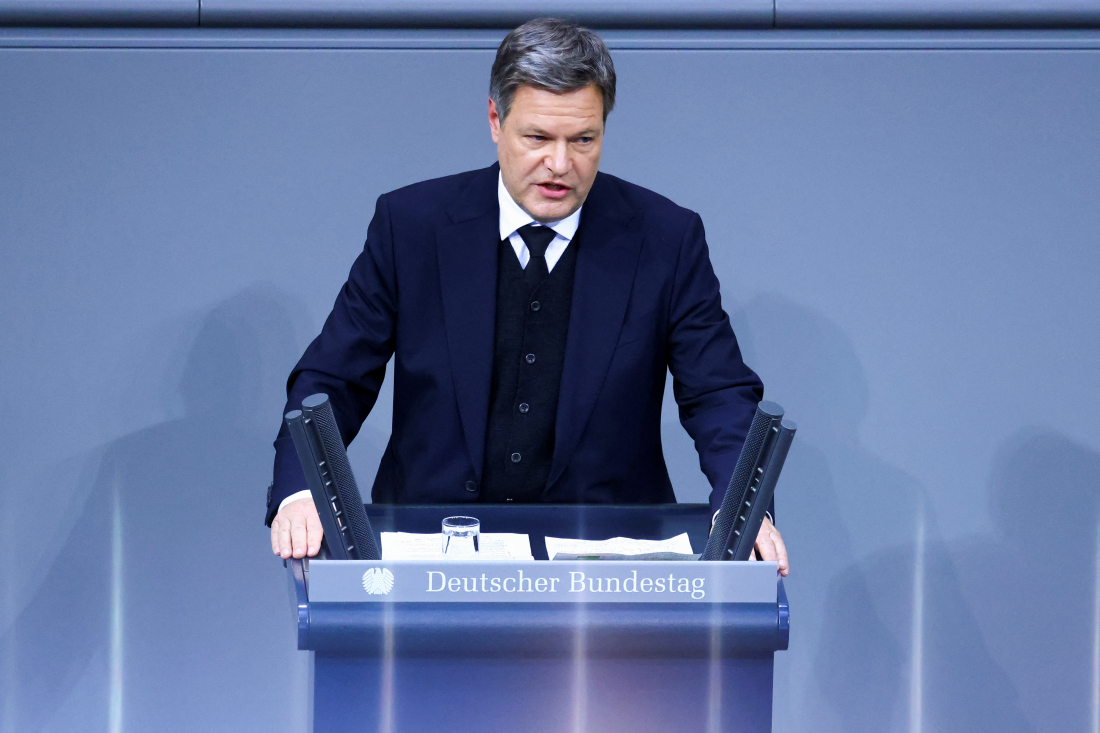
A strong advocate for renewable energy and continued support for Ukraine, Habeck criticizes Merz for his alleged willingness to court far-right support. The Greens’ future role in government remains a pivotal question, given their influential stance on environmental issues.
Sahra Wagenknecht (BSW): Positioning herself as a champion of “left conservativism,” Wagenknecht offers an alternative to the AfD’s hardline immigration stance while advocating for closer ties with Russia. Despite her growing base in eastern Germany, her party risks falling below the 5% threshold needed to secure Bundestag representation.
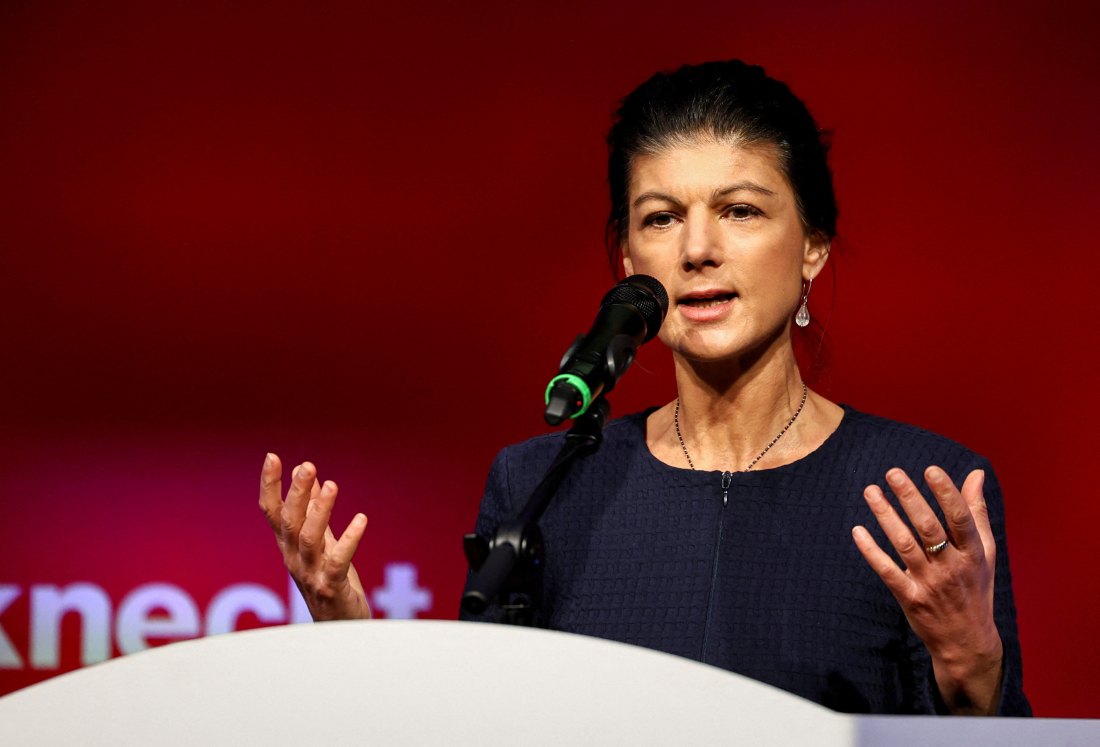
How the vote works and what’s at stake
Germany’s unique two-vote system gives every eligible voter, aged 18 and over, the power to choose both their local representative and a political party. Parties must secure at least 5% of the second vote to enter the Bundestag, though a loophole exists for those winning three constituencies directly. This streamlined system, along with the reduction in parliamentary seats, aims to simplify governance while heightening electoral accountability.
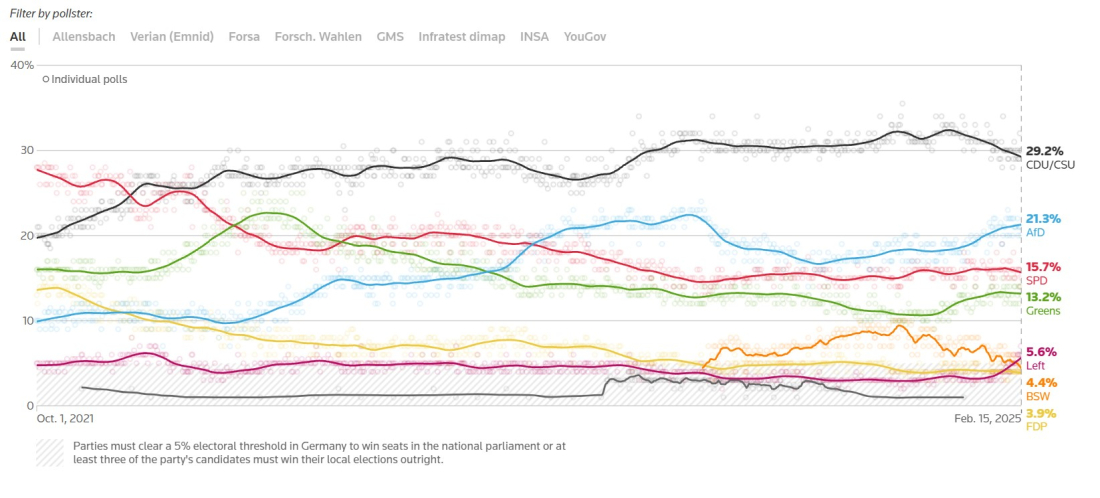
Potential coalition formations will be critical. The CDU and its Bavarian sister party, the CSU, are widely expected to emerge as the largest bloc. However, by excluding the AfD as a viable partner, conservative forces may have to forge alliances with either the SPD or the Greens to form a stable government. Internal divisions and recent controversies—such as Merz’s contentious flirtation with far-right support—are likely to influence post-election negotiations.
Looking ahead
As Germany confronts both internal security challenges and external economic pressures, this election is more than a routine political contest—it is a referendum on the nation’s future direction. With voters set to cast their ballots between 08:00 and 18:00 on February 23, the outcome will not only determine the next chancellor but also signal how Germany intends to navigate its path forward in an increasingly complex global landscape.
Follow the latest developments and global reaction after the U.S. and Israel launched “major combat operations” in Iran, prompting retaliation from Tehran.
Governments across the region responded swiftly to Israel’s strikes on Iran, closing airspace, issuing travel advisories and activating contingency plans amid fears of escalation.
Ayatollah Alireza Arafi has moved into a pivotal constitutional role following the death of Supreme Leader Ayatollah Ali Khamenei, becoming the clerical member of Iran’s temporary leadership council under Article 111 of the Constitution of the Islamic Republic of Iran.
A senior Iranian official has warned Israel to “prepare for what is coming”, insisting that Tehran’s response to the latest escalation in the Middle East will be made openly and without limits.
Ayatollah Ali Khamenei, Iran’s supreme leader for 36 years and the country’s highest political and religious authority, has died aged 86 following joint Israeli and U.S. strikes on his compound in Tehran.
Protests broke out in Pakistan and Iraq on Sunday after Iranian state media confirmed that Supreme Leader Ayatollah Ali Khamenei had been killed in joint U.S.–Israeli strikes. At least nine people were reported dead in clashes near the U.S. consulate in Karachi.
Afghanistan said it had fired at Pakistani aircraft over Kabul after explosions and gunfire rocked the capital early on Sunday, marking a sharp escalation in fighting between the two neighbours.
A senior Iranian official has warned Israel to “prepare for what is coming”, insisting that Tehran’s response to the latest escalation in the Middle East will be made openly and without limits.
Cuba has released extensive details of a deadly midweek shootout at sea, showing rifles, pistols and nearly 13,000 rounds of ammunition that it says were carried by a group of exiles who attempted to enter the island by speedboat.
Afghanistan’s Taliban rulers said on Friday (27 February) they were ready to negotiate after Pakistan bombed their forces in several Afghan cities, including Kabul and Kandahar, and Islamabad declared the neighbours were now in "open war".
You can download the AnewZ application from Play Store and the App Store.

What is your opinion on this topic?
Leave the first comment